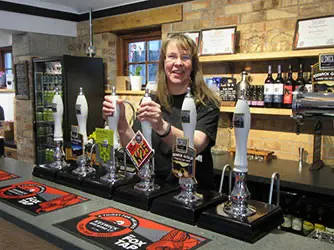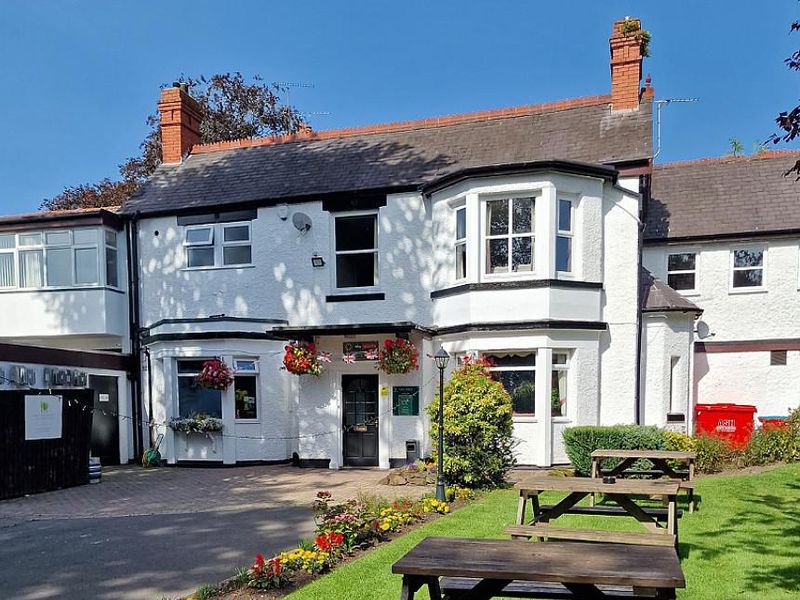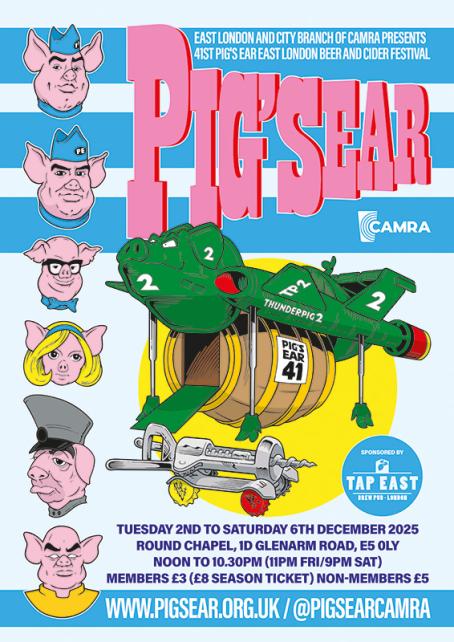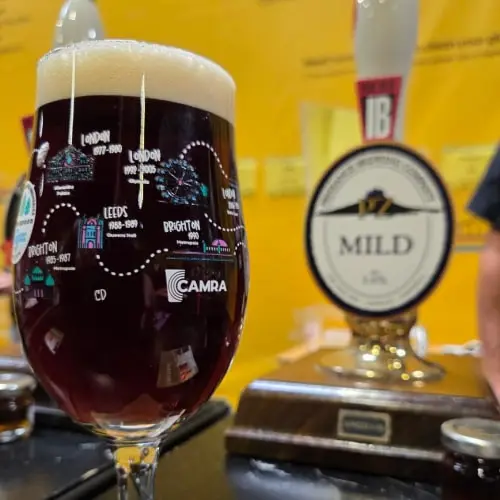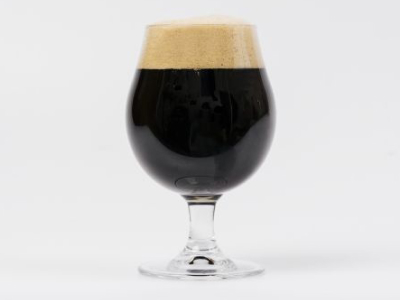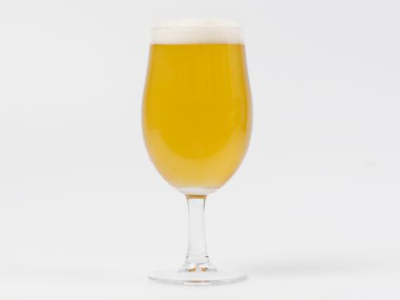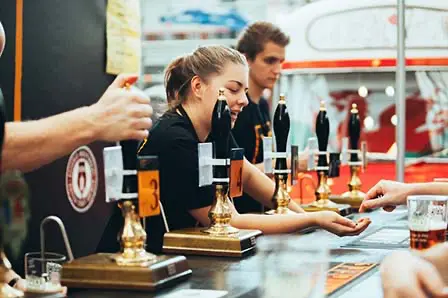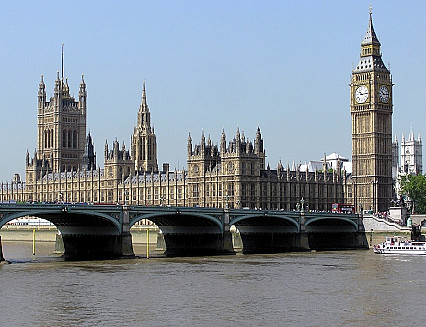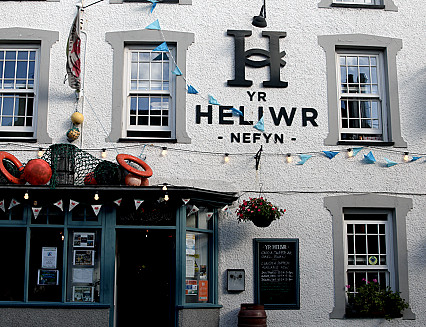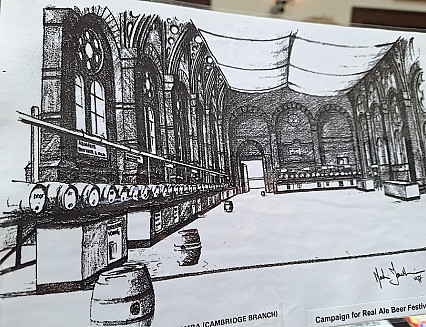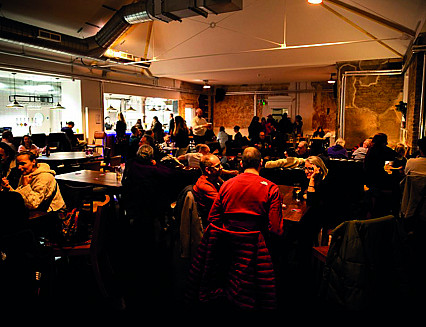The sale in mid-October of the former Ringwood site in Hampshire to a property developer marks the sad end of a brewery that played a pivotal role in the campaign to promote good beer and counter the power of giant keg and lager producers.
Ringwood was founded in 1978 by Peter Austin, who became known as “the father of microbrewing”. At that time brewing was dominated by six giant national brewers which were converting their pubs to keg beer and taking over and closing many of the remaining independent breweries.
It seemed unlikely that Peter Austin’s tiny plant in a former bakery would dent the power of the Big Six nationals: Bass, Allied Breweries, Courage, Watneys, Whitbread and Scottish and Newcastle. They were phasing out cask beers, replacing them with such filtered and pasteurised keg beers as Watneys Red, Worthington E, Double Diamond and Tartan Bitter.
But Ringwood brewery proved to be a catalyst. CAMRA had been launched in 1971, its membership had soared and its beer festivals were packed. Rebellion was in the air and Peter Austin was ready to meet the challenge. When he eventually retired from Ringwood he helped set up some 40 new breweries in Britain over 10 years at a rate of one every three months.
He then toured the world, repeating the exercise in countries as diverse as China, France, Nigeria, Russia and the United States. In total he built some 140 breweries in 17 countries.
Before Ringwood, he had been head brewer at Hull brewery. When he left, he moved to Hampshire to sail and fish but the brewing bug bit deep. In 1977 he accepted an invitation from Monty Python’s Terry Jones and Guardian writer Richard Boston – both passionate believers in the concept of small is beautiful – to build a tiny brewery in a former cattle byre at Penrhos Court in Herefordshire.
He was back in brewing and a year later he opened Ringwood. With business partner David Welsh, he produced Ringwood Best Bitter – later called Boondoggle – Razorback, Fortyniner and XXXX Porter.
The strong ale Old Thumper put Ringwood and microbrewing on the map when it was Champion Beer of Britain in 1988. Austin had further boosted the sector in 1980 when he founded the Small Independent Brewers’ Association (SIBA), now the Society of Independent Brewers and Associates. It became a powerful lobbying voice and successfully called for lower rates of excise duty for the sector.
In 1986 Peter and David moved from the original site in Ringwood into bigger buildings in the town that had once housed Tunks brewery. Ringwood was now a substantial business, producing 80 barrels a week for pubs throughout the South and South West. Austin sold his share to David Welsh and became a consultant, adviser and builder to aspiring brewers in Britain and then worldwide.
Alan Pugsley, who had learned to brew at Ringwood, moved to the US and launched Shipyard brewery in Portland, Maine, in 1992 where, with Peter Austin’s permission and yeast culture, he brewed Old Thumper under licence.
David busily developed Ringwood, building production to 30,000 barrels a year and buying a small number of pubs in the area. In 2007 he sold the business to Marston’s for £19.2m and the Burton group continued to expand production to 42,000 barrels a year, though there were complaints from Hampshire drinkers that recipes were tinkered with and it was thought some brands were moved to Burton.
Disaster struck with the formation of the Carlsberg Marston’s Brewing Company (CMBC) in 2022, with the Danish lager brewer controlling 60 per cent of the business along with the chairmanship.
CMBC – now Carlsberg Britvic following another merger – went on a wild rampage, closing in short order Jennings, Banks’s, Wychwood and Ringwood breweries on the basis, it claimed, of falling demand for cask beer.
It’s a claim fiercely countered by such independent breweries as Timothy Taylor, Theakston, Thornbridge, JW Lees, Joseph Holt and St Austell and others who say sales of cask are strong and have recovered from Covid and lockdowns.
Jennings has been bought and saved by two local entrepreneurs in Cockermouth, Kurt and Rebecca Canfield. They have added a popular taproom that’s open seven days a week. They are brewing to capacity with plans to install additional fermenters to keep pace with demand.
Carlsberg Britvic now only has one brewing plant capable of producing cask beer – Marston’s in Burton. It’s not known how many of the beers from the closed breweries will survive and move to Marston’s.
It could be curtains for Old Thumper and its Ringwood companions. But the name of the brewery will not be forgotten by those who cherish cask beer and the great contribution to the cause made by the late Peter Austin.
